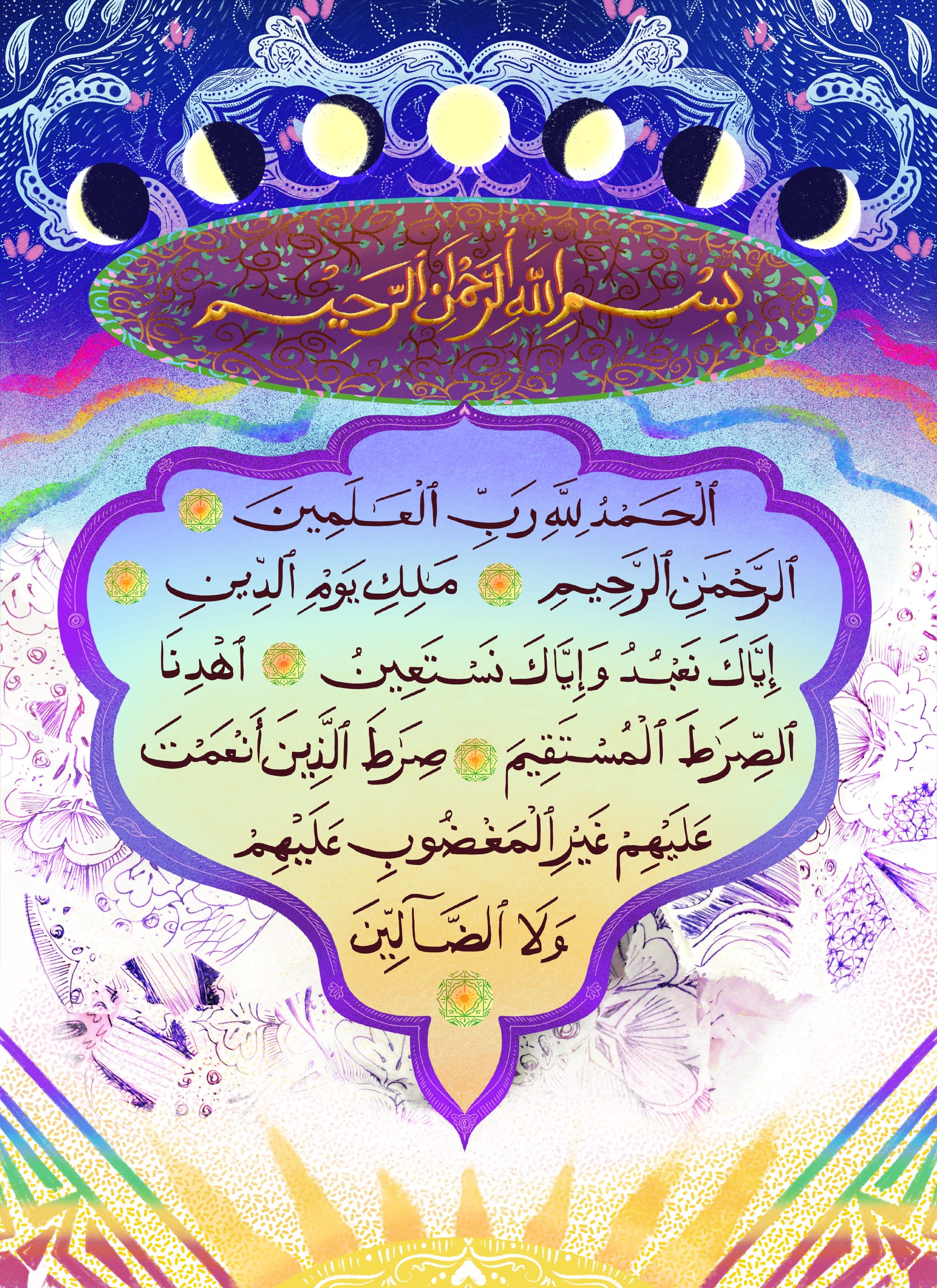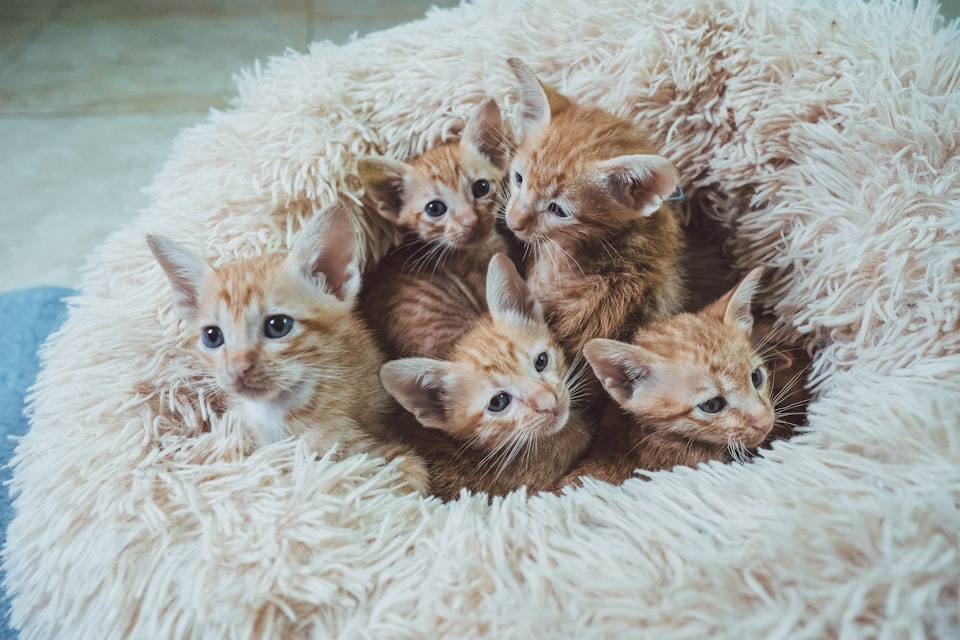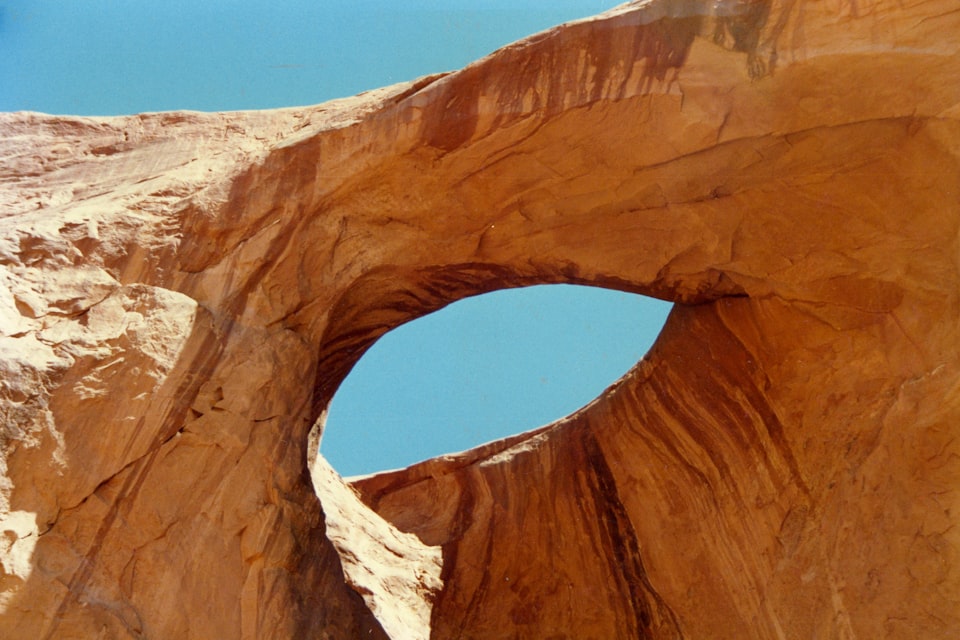Intersectional paths to the Divine (The Signs In Ourselves, Part 8 of 12)
A Muslim falls in love with the Psalms. A genderfluid person finds their way back to Islam by honouring their ancestors. A teacher assigns his students time with a community of sex workers.
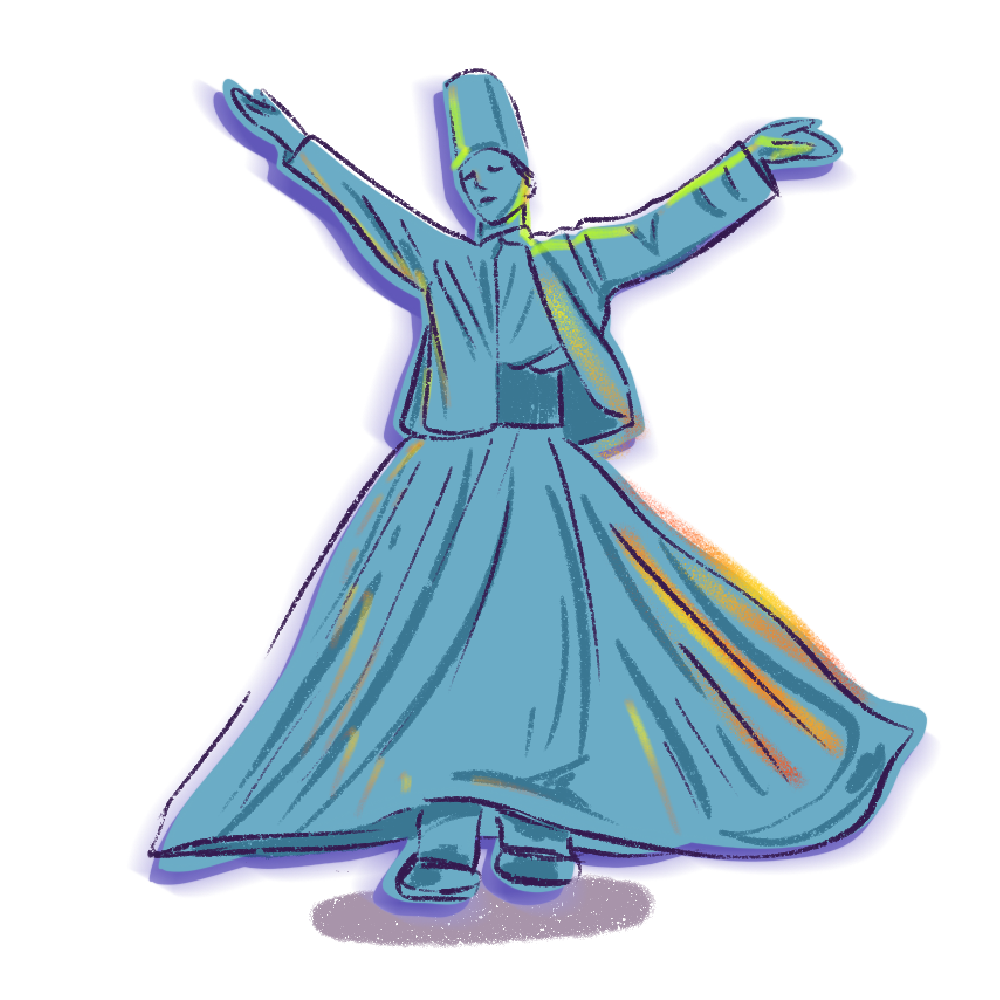
In this part exploring Divine presence, a Muslim falls in love with the Psalms. A genderfluid person finds their way back to Islam by honouring their ancestors. A teacher assigns his students time with a community of sex workers. A woman is inspired by indigenous communities to see God in nature. An Autistic person obsessed with knowledge discovers that everything they learned was to prepare themselves to reconsider the Qur’an. We look at how queer Muslims have developed their understanding of the Divine by engaging with diverse traditions and communities— and invite you to do the same in Exercise 8. Before heading into the last part of the book, you’re invited to walk through the fourfold portal of Rahma in our third sidebar and in Exercise 9.
- Interfaith engagements
- Refining faith through community encounters
- Healing through the exploration of human knowledge
- Exercise 8

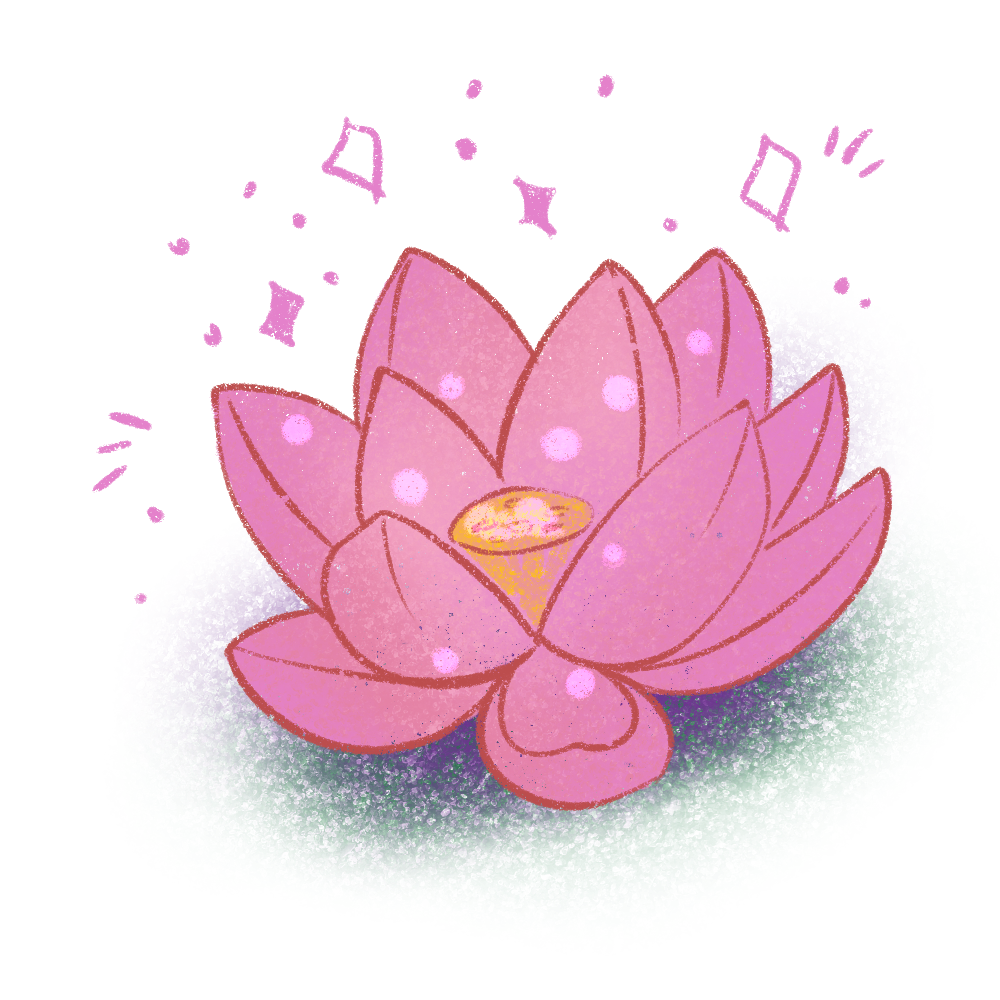
Q. What have you learned from your ancestors, other faiths, practices, or communities that brought you closer to God?
INTERFAITH ENGAGEMENTS
He is in a civil partnership with an openly gay Anglican priest. "Our civil partnership last year was as fully significant to us as a wedding— whether or not the Church of England lets us refer to it as 'marriage'. It was an unabashedly interfaith ceremony, presided over by a male priest and female imam. We’re pretty privileged to live in comfortable housing provided by the Church of England. We're not rich but we're secure. I juggle work as a part-time academic, journalist and activist, specialising in religion and social justice. My areas of interest are the experiences of minorities as well as the climate emergency. My husband is also a spiritual activist of sorts. He’s a full-time vicar with his own parish church who also works on greater inclusion for LGBTQI people in the Church of England, interfaith climate action, urban homelessness and youth unemployment.”
The path to his current life is bittersweet, but the journey refined his energy and attention to the Divine. “I'm married to a wonderful man whom I get to share my quirky, off-centre but deep spirituality with, and we're very much accepted and cherished by both our Christian and Muslim communities. It's a fairy tale bubble in some ways. But there's also rising Islamophobia and xenophobia across the UK, and many Muslim communities remain deeply uncomfortable and even hostile to issues of gender and sexual diversity. One other challenge is my complex family situation in Malaysia. The women in the family are supportive and accepting of me and my husband, but my dad is more hostile. It has made me reevaluate the meaning of family and where I put my energy into in terms of the relationships I want to nurture. It's made me extremely attuned to what the signs or ayat of God's grace and bounty are, which includes many of the people around me who have turned out to be angels even though I don't share blood ties with them. It's also made me thankful for the blood family relations I have who do love me and accept me.”
He also reflects on how a concept of God may work for him, but does not always map across all divine experiences. “I've learned that ‘God’ can be a very exclusivist and even draconian concept for some people. It's a term that is alien to many Buddhists and probably indigenous peoples too. Who am I to impose the word ‘God’ onto their spiritualities? Who am I to be so arrogant as to translate their experiences as being about ‘God’? Who am I to call them polytheists or animists? At the same time, I want to honour the fact that the idea of ‘God’ works for me. But I remind myself to always accept that I cannot trap ‘God’ in a bottle or a box that has my name written on it and pretend that it's something everyone else can identify with.”
The reality of his faith is informed by continuous engagement with multiple others. “My mother comes from a non-Muslim and multi-faith background, so I've always been nurtured by Catholic and Protestant Christianity, Buddhism and Taoism. In the UK, my husband and I share a house with an observant Jewish lodger, and we have often celebrated our own versions of Hanukkah and Pesach with him before he celebrates these festivals with his own (multi-faith) family. From Christianity, I have learnt about kenosis (self-emptying), the Examen (a meditative practice), Christ's Passion and Resurrection. From Judaism, I have learnt about creative scriptural exegesis and ‘arguing with God’ as a spiritual practice. From both, I have acquired an abiding love for the Psalms, especially Psalm 42 (As a deer longs for the water brooks, so longs my soul for you, o God) and Psalm 84 (How lovely is your dwelling place, O Lord of hosts, to me). From Hinduism, I have learnt to love a pantheon of flawed yet intimate and passionate gods and deities, and have adopted Lord Ganesha, the Remover of Obstacles, armed with his broken tusk as his writing implement, as my guide as I wade my way through the Abrahamic scriptures. And to be more specific, I've learnt a lot from spiritualities of the dispossessed and the marginalised. I've learnt so much from engaging with the Black Christ, Black womanist perspectives of Christianity, postcolonial interpretations of the Bible - this study of liberatory Christian spiritualities has helped me to approach Islam in new and fresh ways.”
He is currently grappling with an old message from the mystics. “The mystics in pretty much all the religions have this idea that we need to self-empty or annihilate our ego to achieve union with the Divine. It’s a powerful thought. But how can you tell marginalised people at risk who are already told they are nothing to think of themselves as nothing? How can you empty yourself of a self you have been told you had no right to celebrate or express? But I think our spiritual teachings contain enough resources that tell us to own our personhood, to celebrate the Divine spark that is there in each and every one of us, and to see it in other people too.”
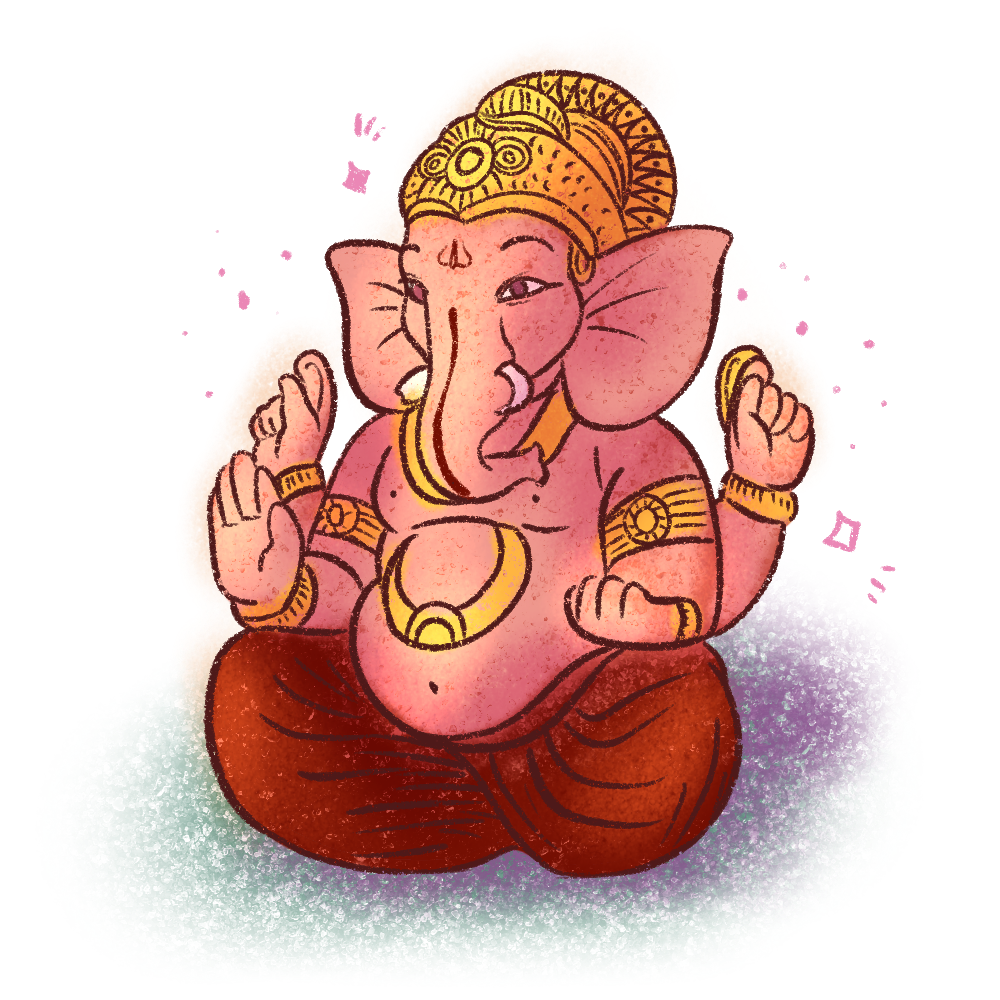

Feeling shut out and traumatised by their family, they retraced their ancestral path back to Islam. “I had a very interfaith and multi-dimensional pathway back to Islam, which was really fun! Through ancestral work, I reconnected with my Sufi heritage. Through trauma release and memory work, I learned to accept my spiritual gifts. Before this though, I had begun observing Hindu and Buddhist practices - whatever felt right for my healing at that time, I would accept. This would look like devotional communion with specific deities, understanding them as part of the Divine Oneness, of The Universe expressing itself through these fractals of energy that we, as humans, have assigned stories and myths and theology to. I welcomed meditative practices using the breath, voice, and mantras, learning the medicinal value of sound. I lived near a Kali temple for a while and spent that year understanding her as a reflection for feminine justice, then I worked with a Buddhist teacher for another year to deepen my meditation practice.
Throughout the process, they slowly reintroduced themself to the parts of the Islamic devotional practices that they could find joy and safety in, “like dhikr and reciting the Qur'an specifically to listen and understand its sounds. I observed the energies and resonance of the surahs, especially the more mystical ones. Because so much of the abuse I experienced was connected to other people trying to control my relationship with God and Spirit, and because they had used Islamic dogma to perpetuate the abuse, I could not find the same comfort in Islamic prayer that I found in connecting with my ancestral Hindu-Buddhist roots, not at first.
Tending to those roots, however, allowed them the footholds they needed to claim their right identify as a Muslim. “I'm Muslim because through this journey, I have learned that the practice of spirituality is essentially the practice of Oneness, and Islam is the practice of surrendering to this Divine Oneness, with all its multitudes and variations grounded in human compassion. In the human realm, we experience this Oneness when we're able to view opposing realities as part of the same whole, and so we teach and exercise grace— the radical acceptance of ourselves and others— accepting the likeness between all things whether seen or unseen. The Sufis spent their lives mapping out the mystic's path. For me, that path doesn't just exist in our collective or ancestral memories. It's a path that's very real and very present in our current reality, in the Now. Islam encourages me to walk this path with grace.”

REFINING FAITH THROUGH COMMUNITY ENCOUNTERS
When he assigned his Islamic jurisprudence students to meet marginalised communities, it challenged them to reconcile their learnings with reality. “Many of my students change after I bring them to meet sex workers for their assignments. Especially the men! Until that point, these students had only been reading texts without looking at reality. Since I still had to teach the texts, I finished the syllabus in half the time, and the remaining half I assigned them a few topics and sent them to listen and observe the sex workers I taught Qur’an to at the time. Islamic jurisprudence is very dry, it's about issuing court judgements. I got them to meet low-income cis and trans sex workers, gay men, and the urban poor. In all of them, the students who were most affected were the ones who met the sex workers. At first they wouldn't even eat anything that sex workers bought them. They were shocked to see these women reciting the Qur’an in class.”
After all the time they spent learning fiqh and going out on assignment, one male group’s final presentation had just a single slide. “Why? The group leader said: ‘This is a male group, how will we issue the hukum? We can go meet them and say this is haram, show them Quran verses. But at the end of the day, the satisfaction is only ours. The issue of sex workers is not an individual issue. It's a family issue, national issue, and systemic issue. If they are not sex workers, how else can they survive?’ So I asked him, what about the prohibitions on these things in the kitab? He said, ‘There are times when fiqh responds to reality not with Quranic text or hadith. There are times when holding space and connection with someone, telling them: I am with you. That too is fiqh.’”
What was on their one slide? “A quote from Ibn Qayyim Al-Jawyziyah from his kitab I'lam Al-Muwaqiin 'An Rabbil Alamin that said: Verily, shariah is built on justice, compassion, and humanity. Whoever uses religious interpretations to justify cruelty, oppression, and discrimination has no part in shariah even if they lean on Quranic verses and hadith. That was it! That was their slide.”

"Verily, shariah is built on justice, compassion, and humanity. Whoever uses religious interpretations to justify cruelty, oppression, and discrimination has no part in shariah even if they lean on Quranic verses and hadith." - Ibn Qayyim Al-Jawyziyah

She is inspired by how the indigenous communities of Southeast Asia connect nature and the Divine. “For me, it's about learning to connect to non-human beings: plants, nature, the environment. So I am inspired by masyarakat adat, indigenous communities. I have only read their works and writing so far— I have not met them directly yet or experienced their traditions in person. But in what I read, I sometimes think indigenous communities have more faith than anyone else. Every day they see themselves as a whole between Creator and nature. They harvest from nature with intention, and try to make the most of their environment in a sustainable way. Some are guardians of the trees, and believe trees connect us to God. Indigenous communities see themselves as part of a cycle, see human beings as one with the planet and God. In that way, all their life is guided by Divine energy. I really want to learn more about the lives and philosophies of indigenous communities. All this while, I have only been looking at spirituality from a human angle. I've only experienced divine energy from humans, but masyarakat adat have shown me there are all kinds of energy that makes you lively, happy, at peace.”

HEALING THROUGH THE EXPLORATION OF HUMAN KNOWLEDGE
They grew up in an analogue childhood with a firm sense of obligation but also space to develop an obsessive curiousity. “My parents may have restricted me in other ways, but they let me read anything I could read. If my mother were to describe me as a child to you, she would say I liked reading more than people. I wasn’t an easy child, but I was quiet and could be left unattended in any space if there was reading material to flip through. Magazines, books, other people’s books, packaging, flyers in the mail. I read everything.”
They later realised this was one of many signs indicating their minimal-support Autism— and their journey to the Divine was through obsessive curiousity. “I had to move out as a teenager and live in different places around the city. I couldn’t hold down an office job as well as I could freelance, so I did a lot of different work to survive and learned a little about a lot— from skills to trivia. Sometimes I would travel alone to be with myself, come back and start again. Life wasn’t always stable, but it was a privilege to have a clear split between my privacy and family, to see where building my inner world would take me. I associated religion with family at the time, so that did not come along with me at first. But the internet turned any room I was in into some portal or spaceship of knowledge. Every topic I read about as a child I could extend indefinitely because of what was online."
However, the Quran eluded them. Even when much else about receiving faith was overwhelming and didn’t stick, they would reread the Quran once in a while, only to realise they’ve never really read it. “I’m the kind of person who checks if I still don’t like a certain food, just in case it’s different this time. Although I had a lot of Quran memorised and recited it twice through completely under the eye of a mosque imam every week— I had no idea what I was saying. The same for prayer. I didn’t understand what I was doing or saying, so it was easy to stop when no one was watching. But sometimes— out of the blue living my heathen life— I would recall entire verses hardwired from childhood, and I’d go to the Quran to find out the meaning of what they were, and it was like reading it for the first time. I was like, did I really read you before? Why couldn’t I?”
When they learned more in their late 20s about power, human rights, and queerness— all roads led them to the unresolved baggage of their past. “I don’t know if this is a privilege or a tragedy, but in Malaysia it was easy for me not to be perceived by others as Muslim. Nevertheless, I hit a wall with my discomfort of being a queer person who could not bring themself to renounce God forever. I didn’t like it when anyone assumed I was an atheist, but at this point, I felt I’d lose respect from friends if I decided I was Muslim ‘again’ without any information to defend myself from the idea that having faith was oppressive or made me oppressed. I also felt spaces that were Muslim would try to change me if they knew I wasn’t straight. There was a feeling that whatever I was could never be unpacked with others without it going beyond my control. I didn't know where I could stand in this power struggle, because I couldn’t hold an idea of God. It wasn't hard to make a list of upsetting things I’ve heard about God or Islam to me that I've retained— a list of anything that blocked me from believing.”
Armed with a list of questions and files, they decided to befriend the Quran once again, paying attention to its Arabic this time. “I wanted to understand what I had been taught to say, to memorise. At the same time, there was also the process of changing my mind with new awareness of the world in other things, and unlearning what I had internalised in the past."
This time, the Quran’s certainty resonated. “I didn’t understand what it meant to see God in everything— until I saw the Quran differently. By that I mean in recognising that it had a cinematography of its own, how the grammar can mark the text in a way that feels like a scene cutting to the next, a wide shot, a close-up. How rhymes felt, and when a word choice is a clue.”
After that re-encounter with the text, everything they knew or discovered took them back to it again. “Even if it seems really unrelated to ‘Islam’ at first, I could connect it to God’s verses in the Qur’an in a few steps— and in ways that increased my understanding and appreciation for both. From how honey bees are responsible for one in three meals that humans eat, to math equations explaining the designs of life, how observing the flight of birds led to the discovery of electromagnetic waves. The Patanjali texts, the Tao, tarot cards, the 2014 TV series Cosmos. I could map everything to God in the Quran— I nearly did! DNA was a big one— what a religious experience to sit in the fact that everything on earth shares ingredients with the distant stars we’ve looked at for centuries to guide our way, that they were always much larger than us.”
Suddenly everything was a Sign, a translation better than a single English copy. “I knew I could overcome the middlemen between me and God— but of course I couldn’t overcome God, and I surrendered. Now it’s so hard to remember how practicing Islam could be so separated from everything else. I think reconciling spirituality back into everything I know has softened the edges of my knowledge. I would’ve been harder, colder, more arrogant without it. Like I even learned I could cry in prayer— it just had to be in a queer Friday jummah.”
What does their belief look like today? “Well, I know it’s not faith if it makes me feel trapped, self-loathing, self-harming— that’s the weight of man-made systems passing me their baggage. Faith is something I choose for myself, and any belief to the point of conviction can only be attained through reason. This suits me fine. I have preferred terminology— like replacing my Lord with my Rabb. Instead of Judgement Day, I refer to it as the Day of Accountability, Day of Decision, or the Last Day. Instead of heaven, I prefer The Garden, the literal translation of Jannah. Likewise, I translate hell to The Fire. Fire is an important element, but there needs to be a balance in nature, and The Fire to me describes the state of extreme imbalance as a natural consequence of not only my own actions, but of humanity’s. The Quran has everything I need to map a praxis of rights and transformative justice. Since it mentions there were many other prophets in communities, when I decolonise my readings on world history I like to imagine who some of them were. I think we're new experiences of the same atoms and molecules that have always been here, we just reprogram ourselves each time and spend our lives trying to remember. I believe there’s something each of us can do here in a way that only we could do it, because of the lives we’ve had. The world needs that right now, and I hope that surviving doesn’t get in our way— that we live our way to the answers.”
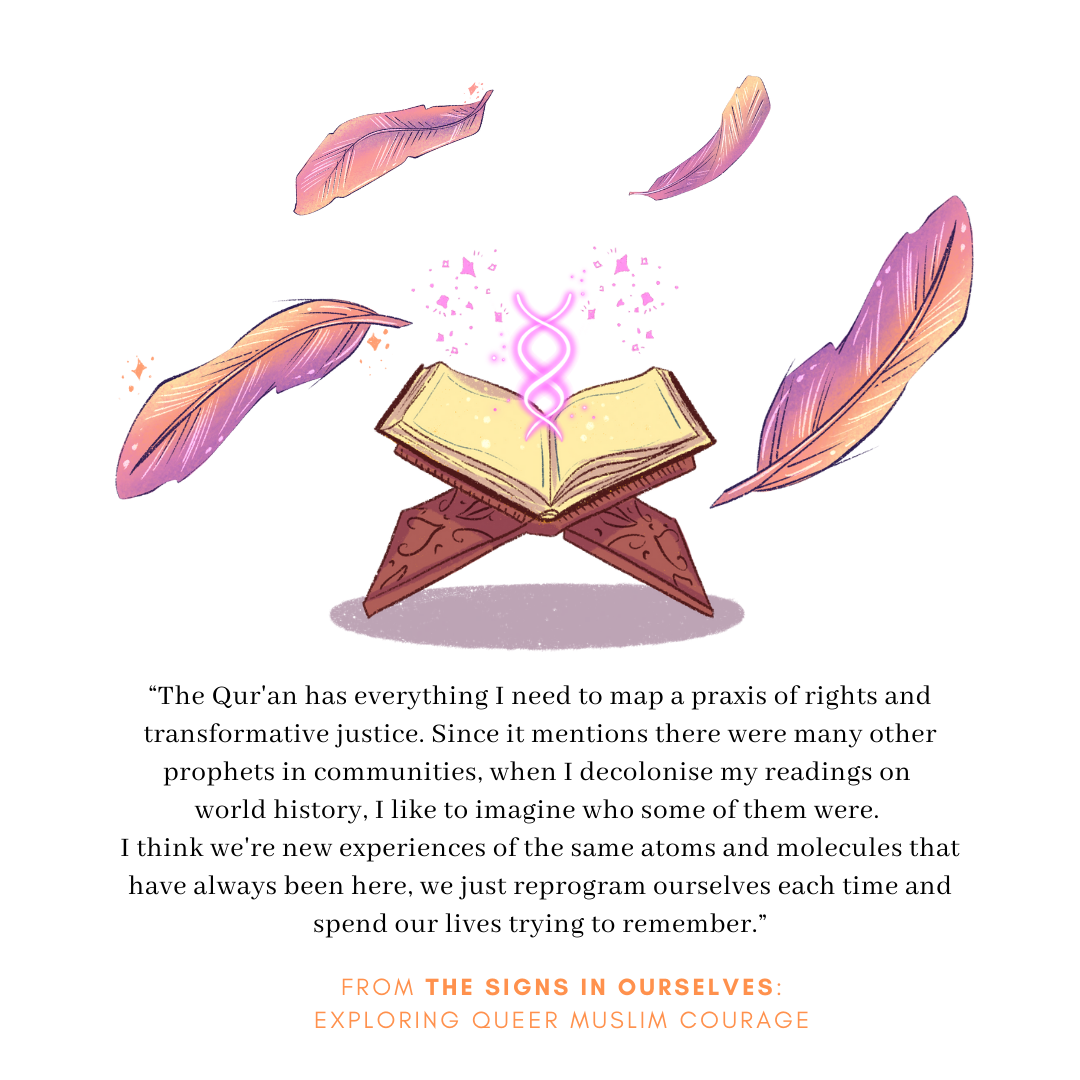

These stories were generously sent from people in a total of 14 countries who responded to an online call to be anonymously part of this project. They identified as 1) Muslim by choice 2) not as a cisgender heterosexual person. Their stories are meant to accompany you and your collaborators through this workbook.
- "I read a lot of history, scripture, and science, before I truly embraced Islam and understood Allah in logical and rational terms." (27, femme cis man, he/him)
- "I speak astrology, and read charts. I had anxiety around that since many Muslims also think that is haram. To me, Allah made the whole universe. So I see astrology as a map to understanding myself and others, along with the Qur’an." (41, pansexual, she/her)
- "I think I seek Godliness in science, philosophy and humans now. The idea of a God that understands and hears everything sounds like a therapist to me and in some ways psychology helps me rationalize my perception of the universe and a potential deity." (queer lesbian, Pakistan, she/her)
- "Meditation from Buddhism first—but now from my Islamic sufi tariqah— for centering focus and personal sacred encounter. The practice of keeping an altar to help me change energies in my home and life. Burning incense or sage to cleanse the air. Lighting candles to remind me of light. Sacred music from multiple traditions to clear the mind and focus the heart. Dance from my African traditional religion ancestors. Communing with goddess and the divine feminine, which again started from outside of Islam but now is integrated within Islam through the attributes of the Oneness of Allah." (60s, nonbinary, they/them)
- "Learning about neo-pagan spirituality and their emphasis on the female energy and Goddess. I know Allah is supposed to be gender neutral but in reality They are too often tainted by patriarchy and I want to see Them more as a benevolent gender-neutral entity— what some people might call The Universe, rather than a punishing father." (38, teacher, she/her)
Exercise no.8
from the workbook The Signs In Ourselves
Your Turn: Personal Reflection
Has anything you learned from your ancestors, other faiths, practices, or communities brought you closer to God? How have these rituals or practices affected your ideas of what shirk is and isn’t?
Collective Discussion: Shirk as the obstacle to justice
Let’s revisit shirk / syirik / shirq, which all Muslims agree is the biggest sin against God.
- Some of the answers in this section may have been portrayed to you as shirk in the past. Discuss the tension between finding inclusive ways to the Divine and associating with something the equivalent power of Allah.
- How does resisting and rejecting shirk play out in the collective work of interrogating and transforming existing power structures?
This post is adapted from The Signs In Ourselves (pp. 66-74), a queer spiritual wellbeing workbook inspired by Qur'an verses 41:53, 51:20-21, and interviews with Southeast Asian Muslims. Written by Liy Yusof and illustrated by Dhiyanah Hassan, it was made available online in 2020 by the Coalition for Sexual & Bodily Rights in Muslim Societies. May Allahﷻ accept this offering and bring it to those who need it. Letters and inquiries: qmcourage [at] gmail [dot] com.
